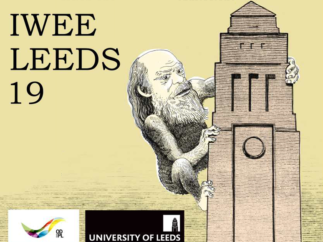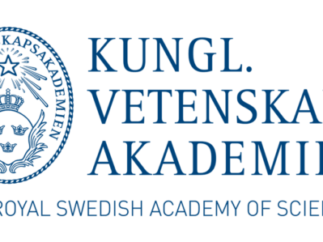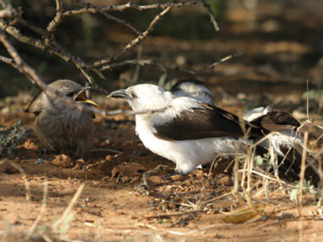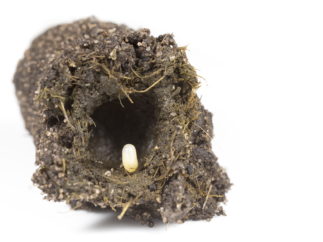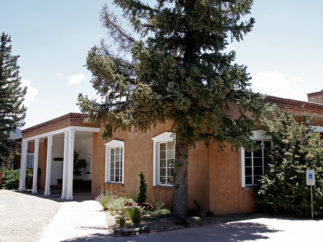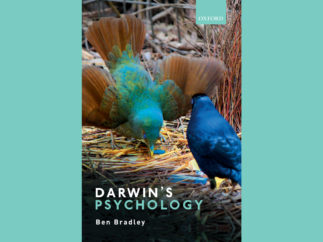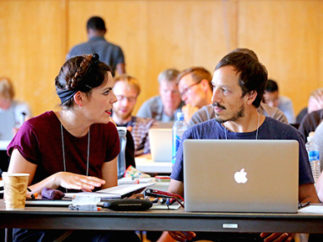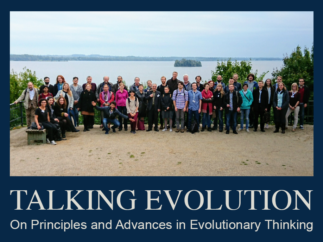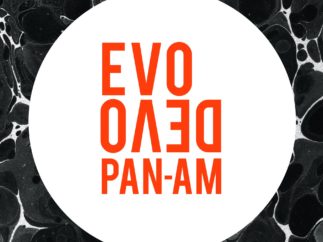7-8 March 2019
The evolution of anti-teaching
In 1921 a British tit was observed opening a milk-bottle to eat the cream inside, and over the next 26 years this unique innovation spread to over 30 different sites. As just one example out of hundreds, this shows how animal populations contain a mixture of innovation and learning, with novel behaviors discovered, developed and spread through social learning. The question is, if these behaviors are advantageous to learn, are they ever adaptive enough for a demonstrator to teach?
Maternally transmitted dung beetle microbiota are species-specific, and impact host development across generations
Much of evolutionary biology is motivated by one basic question: what determines biological diversity? Traditional explanations emphasize the role of natural selection acting on variation among the individuals that make up a population, sorting them into fit and less fit versions, thereby creating adaptation and diversification across generations. However, recent advances in the study of host-associated microbes has complicated this understanding. The microbial symbionts now known to reside in and on virtually all eukaryotic organisms exert a vast array of influences on their hosts. Processes as diverse as early embryonic development, gut formation, digestion, and the regulation of some behaviors have now been shown to be influenced by the microbiota (see a previous blog post). Though this line of evidence is exciting, the degree to which microbes and hosts may influence each other’s evolution remains largely unexplored.
Workshop report: Developmental Biases in Evolution
"Developmental bias is a manifestation of a much more fundamental principle, and is the norm rather than the exception", according to one scientist. "Developmental bias is a misleading term and we should get rid of it", according to another. Both were in the same room, at the same time. So what is developmental bias, what role does it play in evolution, and why do we even care? These questions were the focus of an interesting and spirited workshop, the third in a series of EES project meetings, held recently at the Santa Fe Institute. As with the first meeting, I was able to sit in on this workshop, like a fly on the wall, and listen to the presentations, arguments, and debates. Here's what I learned...
Darwin 1.0: Is the EES playing catch-up?
A consequence of the gene-centric view of evolution we call the Modern Synthesis (MS) is to foster a severe constriction in scientists’ understandings of Darwin. Despite Darwin’s original treatment of evolution being enormously rich, he becomes the purveyor of just one dangerous idea: evolution by natural selection – the idea which, when modified by the post-Darwinian discoveries of Mendelian and population genetics, underpins the MS. Hence we find Richard Dawkins catching the gist of a hundred biology textbooks by claiming both that ‘the selfish gene theory is Darwin’s theory expressed in a way that Darwin did not choose’ [1], and, that while Darwin believed in the ‘Lamarckian’ principle that acquired characters were heritable, this belief ‘was not a part of his theory of evolution’ [2]. Only in such an intellectual world, a world still sustained by MS assumptions, could the MS be said to capture the ‘central tenets’ of Darwin’s work [3].
SFI Complex Systems Summer School 2019
9 June - 5 July 2019
Talking Evolution workshop report
In the last week of September, the Max Planck Institute for Evolutionary Biology in Plön, Germany, hosted a workshop entitled Talking Evolution. Key topics discussed were niche construction, phenotypic plasticity, developmental bias, and extra-genetic inheritance. The workshop was organized by Noémie Erin, Alice Feurtey, Vandana Venkateswaran and Dominik Schmid, four early career researchers, and Maren Lehmann, the workshop coordinator at the MPI. Katrina Falkenberg interviewed the organizers about the workshop, how it came about and their highlights from the three days of talks and discussions.
Pan-American Society for Evolutionary Developmental Biology 2019
31 July - 4 August 2019
